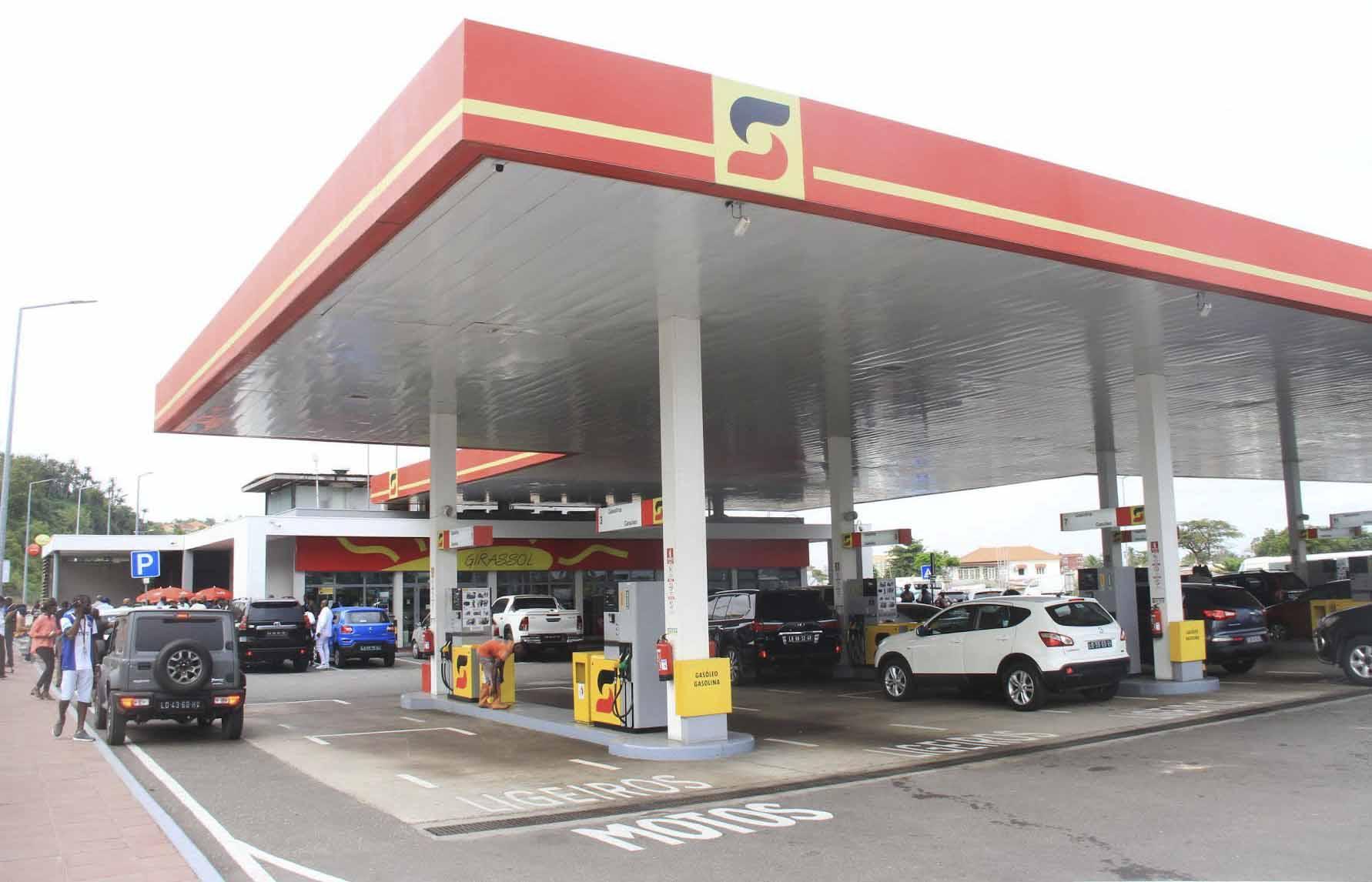Africa-Press – Angola. The announcement of the gradual withdrawal of gasoline subsidies in Angola, in force from the 2nd of this month, was one of the main highlights of the economic area in the week that ends, Saturday.
With this measure by the Angolan Government, the price of this oil derivative increased from 160 to 300 kwanzas/litre.
According to the Minister of Finance, Vera Daves, the gradual rise in the price of gasoline will allow the State to save 400 billion kwanzas between 2023 and 2024, representing a weight of 40 percent in fuel subsidies.
The new price of gasoline does not cover taxis and motorcycle taxis, as well as the productive sector (agriculture, fisheries, industry, among other areas), which will continue to benefit from the State subsidy.
Additionally, other oil derivatives, such as diesel, lighting oil and cooking gas, will maintain current prices.
However, the process of partially cutting fuel subsidies in the country will run until 2025, the estimated period for the end of the total subsidy for gasoline and diesel.
According to Vera Daves, he clarified that, after the deadline, gasoline and diesel will be sold at the real market price.
Following the partial withdrawal of fuel subsidies, the delivery of the first 200 cards for exemption from the new price of gasoline to taxi drivers, motorbike taxi drivers and vessel managers was also highlighted.
The cards are personalized, with the registration of the means of transport and are non-transferable, allowing you to continue to pay a liter of gasoline at the price of 160 kwanzas, instead of 300, depending on the new price list in force.
Another economic issue that dominated the week was the transformation of public companies of Transportes Colectivos Urbano de Luanda (TCUL) and Unicargas into public limited companies.
The change from public companies to public limited companies, through the Government’s initiative, aims to adapt these firms to the challenges imposed by an increasingly competitive market, in order to subsequently open their share capital to public subscription.
TCUL’s share capital shares are fully subscribed by the Instituto de Gestão de Activos e Participações do Estado (IGAPE), on behalf of the Angolan State, with 50%, by Caminho de Ferro de Luanda (40%), and by the workers in the transport sector (10%).
Meanwhile, Unicargas shares are subscribed by IGAPE, on behalf of the State, with 50%, by the Port of Luanda (40%) and by the social fund for workers in the transport sector, with 10 percent.
In the week just ended, the highlight also fell on the signing of eight agreements for the Implementation of Action for Training and Technical Assistance, with funding of four million euros, within the framework of the Protocol for the Facility of Dialogue European Union – Angola.
The documents signed between the European Union and some Angolan institutions, through the Ministry of Economy and Planning (MEP), aim to support the thematic dialogue actions promoted in Angola and Europe, lasting one year.
The objectives also include deepening the regular exchange of knowledge and good practices, in line with the National Development Plan underway in Angola.
Among the agreements are the Financing Policies and Practices for global science and technology, ethics and innovation, with dialogues between Angola, Mozambique and Portugal signed with the Foundation for Scientific and Technological Development.
Also worthy of mention was the disclosure of the National Employment Fund in Angola (FUNEA), which could be capitalized with an initial value of 589.92 billion kwanzas, by the National Treasury and other sources of revenue.
FUNEA consists of a set of financial assets, essentially time and demand deposits, intended to create and support public and private projects and initiatives that generate employment.
In the financial field, the highlight was the issue of 781 public guarantees, corresponding to AOA 314 billion made by the Credit and Guarantee Fund (FGC), from 2012 to the present date.
The respective credits benefited the sectors of agriculture, fishing, livestock and manufacturing industry.
In the energy sector, the inauguration of the Caraculo Photovoltaic Plant, in the province of Namibe, stands out, which represented a milestone in the policy of diversifying the energy matrix in the southern region of the country.
Although Namibe depends on thermal sources for electricity production, the act also marks a step for Sonangol, which advances its transformation into the energy segment, thus conforming its business action to current practices in the world industry.
The week was also marked by the announcement of an investment of AOA 1.59 billion, in the period 2023/2027, for the infrastructure of 900,000 plots of land intended for self-directed construction, in the country’s 18 provinces.
The initiative, approved at the 4th Ordinary Meeting of the Economic Commission of the Council of Ministers, is part of the National Urban Planning and Housing Programme.
With this initiative, the Angolan Government wants to reduce the housing deficit in Angola, currently estimated at 2.2 million housing units, in a country where the population is around 33 million inhabitants.
For More News And Analysis About Angola Follow Africa-Press






